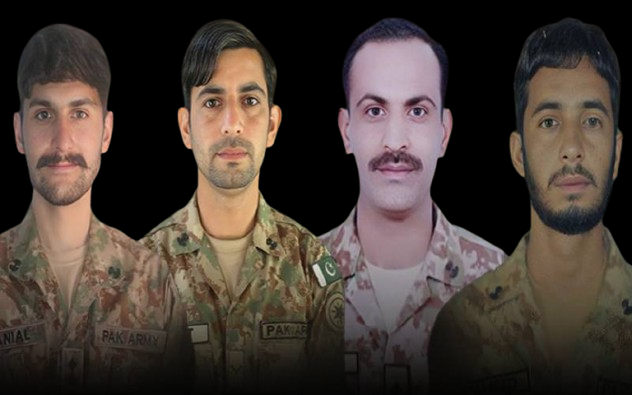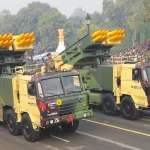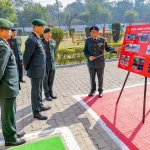In a series of military operations across Khyber Pakhtunkhwa (KP) and Balochistan, the Pakistani military reported that four of its soldiers, including a young officer, and 12 militants were killed. The Inter-Services Public Relations (ISPR) claimed that the slain terrorists were part of groups allegedly backed by Indian agencies, once again raising regional security concerns.
According to ISPR, intelligence-led strikes were conducted in the Loralai and Kech districts of Balochistan on May 28, targeting alleged operatives of the so-called “Fitna al Hindustan” network. Four individuals were neutralised in Loralai, reportedly linked to two deadly attacks on civilians along the N-70 highway in 2024 and 2025. In Kech, another militant was killed.
In KP’s volatile North Waziristan, a late-night assault by militants on a security check post in Shawal was repelled. Pakistani forces killed six members of the Tehreek-e-Taliban Pakistan (TTP), which ISPR referred to as “Fitna al Khwarij,” labeling them as Indian proxies. The clash resulted in the deaths of Lieutenant Daniyal Ismail (24), Naib Subedar Kashif Raza (41), Lance Naik Fiaqat Ali (35), and Sepoy Muhammad Hameed (26).
The broader security context remains dire for Pakistan. According to the Centre for Research and Security Studies (CRSS), the first quarter of 2025 saw a slight improvement in counterterrorism outcomes, with militant casualties outnumbering those of civilians and soldiers. Yet, KP and Balochistan continue to account for 98% of violence-related fatalities. If current trends persist, projections indicate that 2025 could become one of the deadliest years in Pakistan’s recent history.
From India’s perspective, the intensification of Pakistan’s internal operations and its repeated attribution of blame to India are being observed with caution. Indian security analysts note that Islamabad’s rhetoric often spikes during internal crises or geopolitical pressure. With Afghanistan’s destabilisation after the Taliban’s return in 2021 and cross-border insurgencies increasing, South Asia remains a volatile region where insurgency, proxy narratives, and state responses continue to complicate bilateral diplomacy.
While Islamabad mourns the loss of its soldiers and reinforces its internal resolve, New Delhi remains focused on bolstering border security and surveillance capabilities, wary of the potential spillover effects from Pakistan’s troubled western front.













